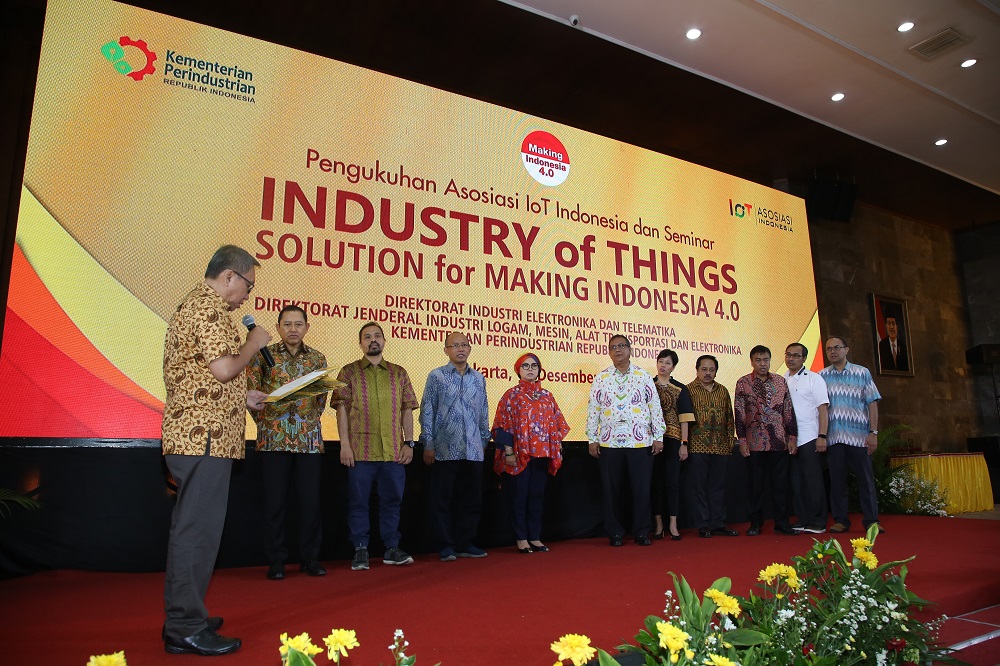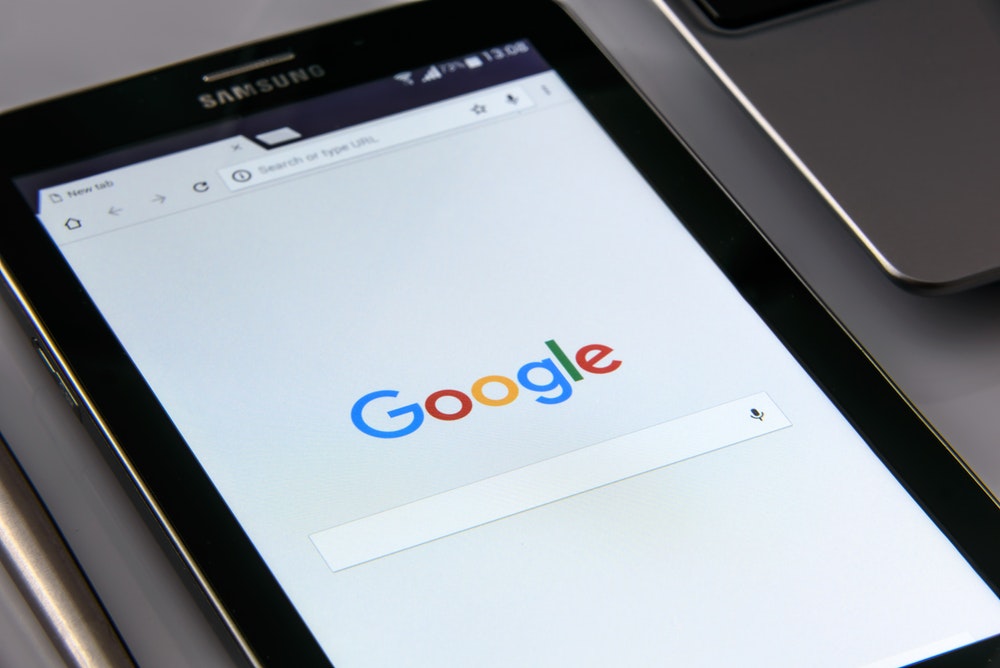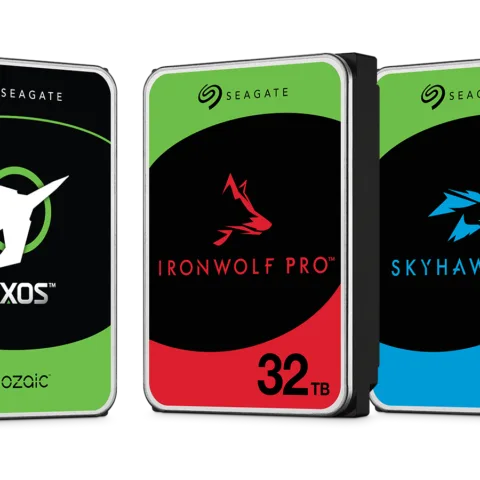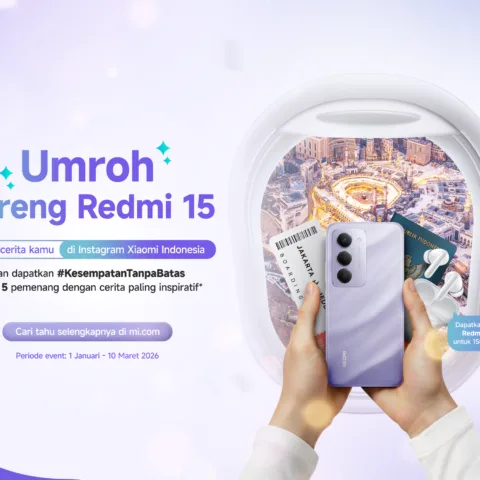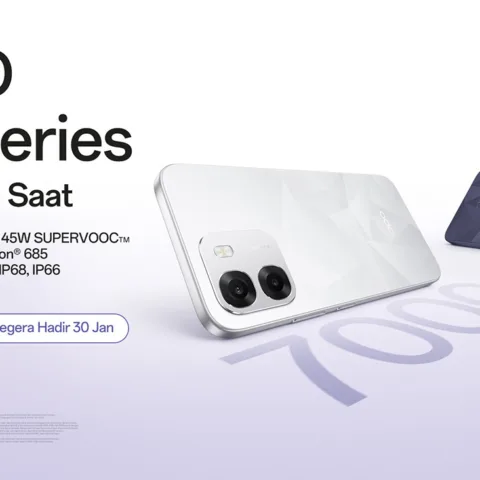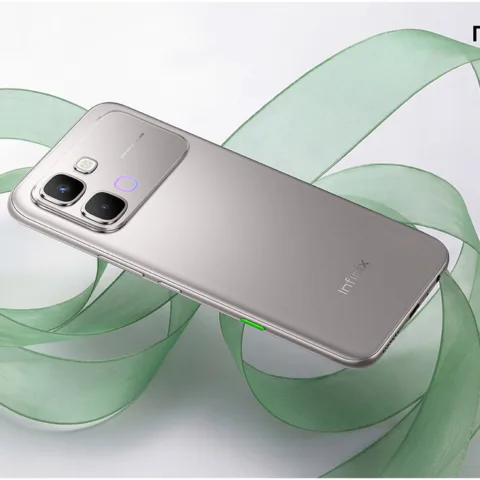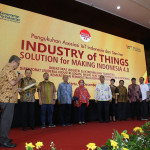
Nowadays, the better adoption of 4G/LTE is more and more apparent that it has been introduced since the end of last year. The implementation of such technology should indeed be started as soon as possible. The earlier it gets, the more mature it would be.
However, many argue that the adoption of the technology is too hasty. This is based on the fact that with 5 MHz broadband allocation and maximum speed of 33-36 Mbps in certain locations, consumers may have better connection at 3G/HSDPA rather than 4G/LTE.
DyCode’s COO Dyan Helmi commented that 4G/LTE will be too good to be true. He personally prefer 3G/HSDPA which has real and prime access rather than 4G/LTE which has no proper infrastructure.
As an end-user as well as developer, OneBit Media’s Managing Director Fachry Bafadal voiced the same thing. He believed that the implication of 4g/LTE wouldn’t be instant. “The idea of this 4G/LTE implementation is indeed captivating, but I personally doubt that such service would be applicable at a large scale. From the developer’s perspective, better internet quality will surely make it easier for us to focus on its development,” he said.
Well, it’s one hundred percent true that 4G/LTE wouldn’t give instant impact. People at the Ministry of Communication and Information (MCI) are no wizards who can easily swing their magic wand and say the magic words. Everything needs process.
Ericsson Indonesia’s Vice President Marketing & Communications Hardyana Syintawati mentioned that although 3G has been officially launched since 2005, its wide implementation was started six years later. Similar to 3G, 4G/LTE implementation was started from main cities where most of the traffic lies. She argued that one of the most prominent barriers was to educate people that 3G is faster than 2G although it consumes more battery capacity.
When will 4G/LTE be completely properly implemented, then? Only when it’s mature enough. The good thing is, it’s predicted to reach maturity faster than 3G, as people today are more familiar to big data. Thus, they need faster internet connection, and that’s where 4G/LTE plays its part.
As for the telcos’ readiness, Ericsson is of the belief that most of telcos are modernized already. Hence, the frequency shift or network roll-outs wouldn’t need more time and effort. Even though it would probably end with financial problem, each and every operator is seen to be more selective in determining which investment to be made to present 4G/LTE sooner.
As the main host of 4G/LTE, MCI has announced that they will open the registration for 1800 MHz frequency in the middle of this year. The rumor has it that the registration period would be opened earlier, after IndoTelko reported that MCI has held a meeting with telcos’ executives earlier this week.


